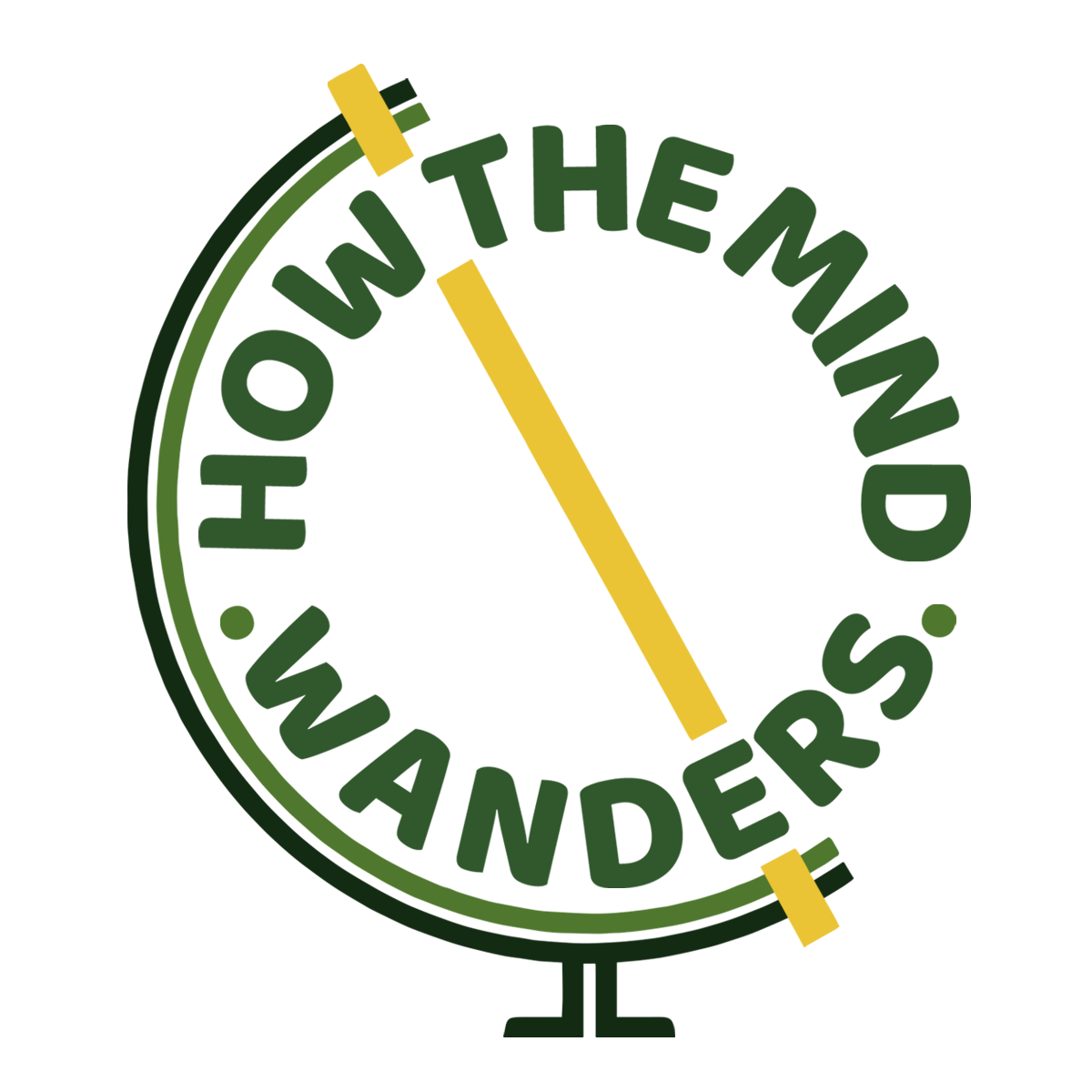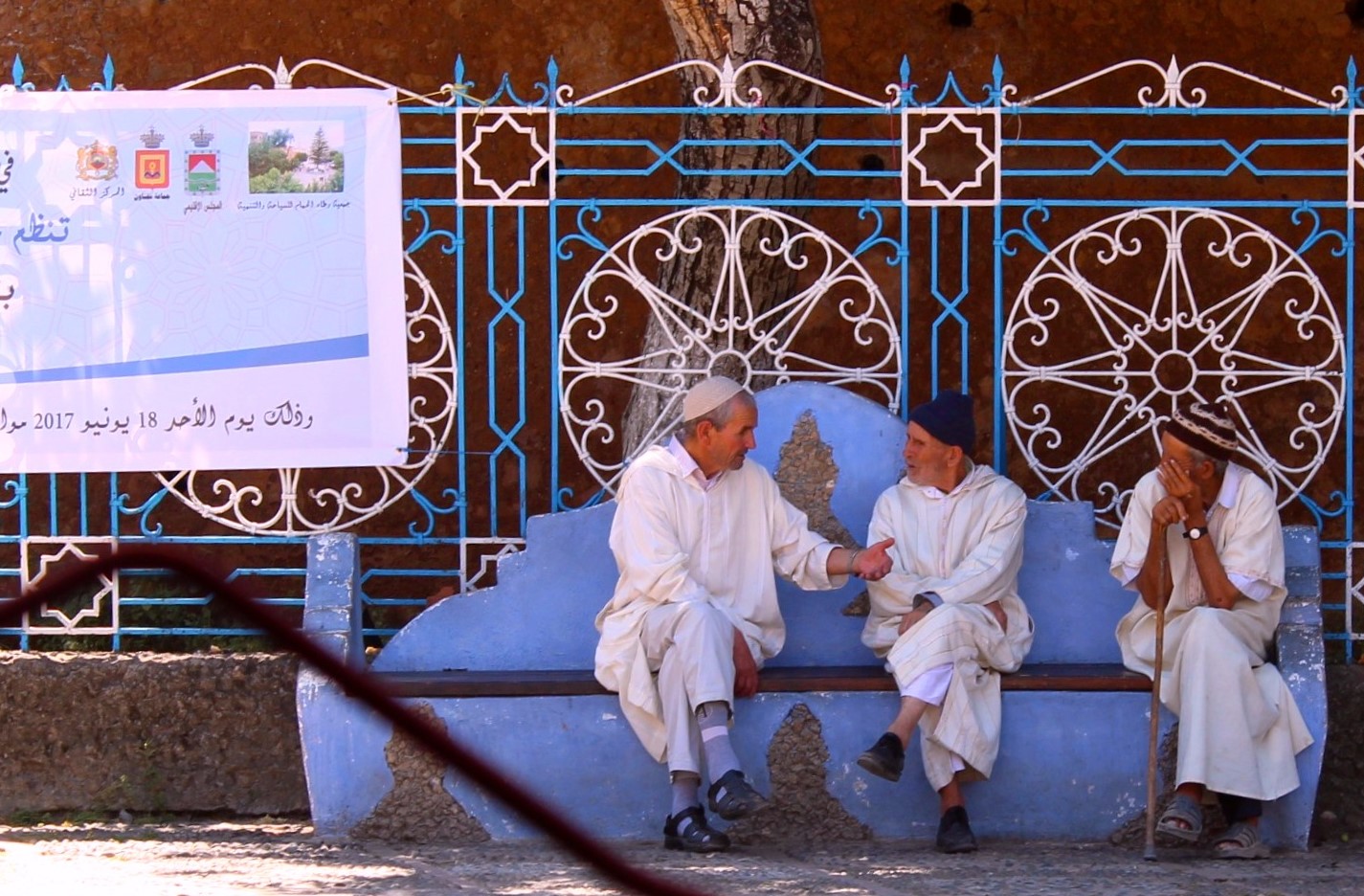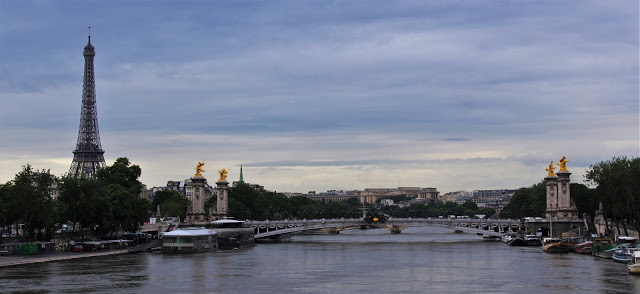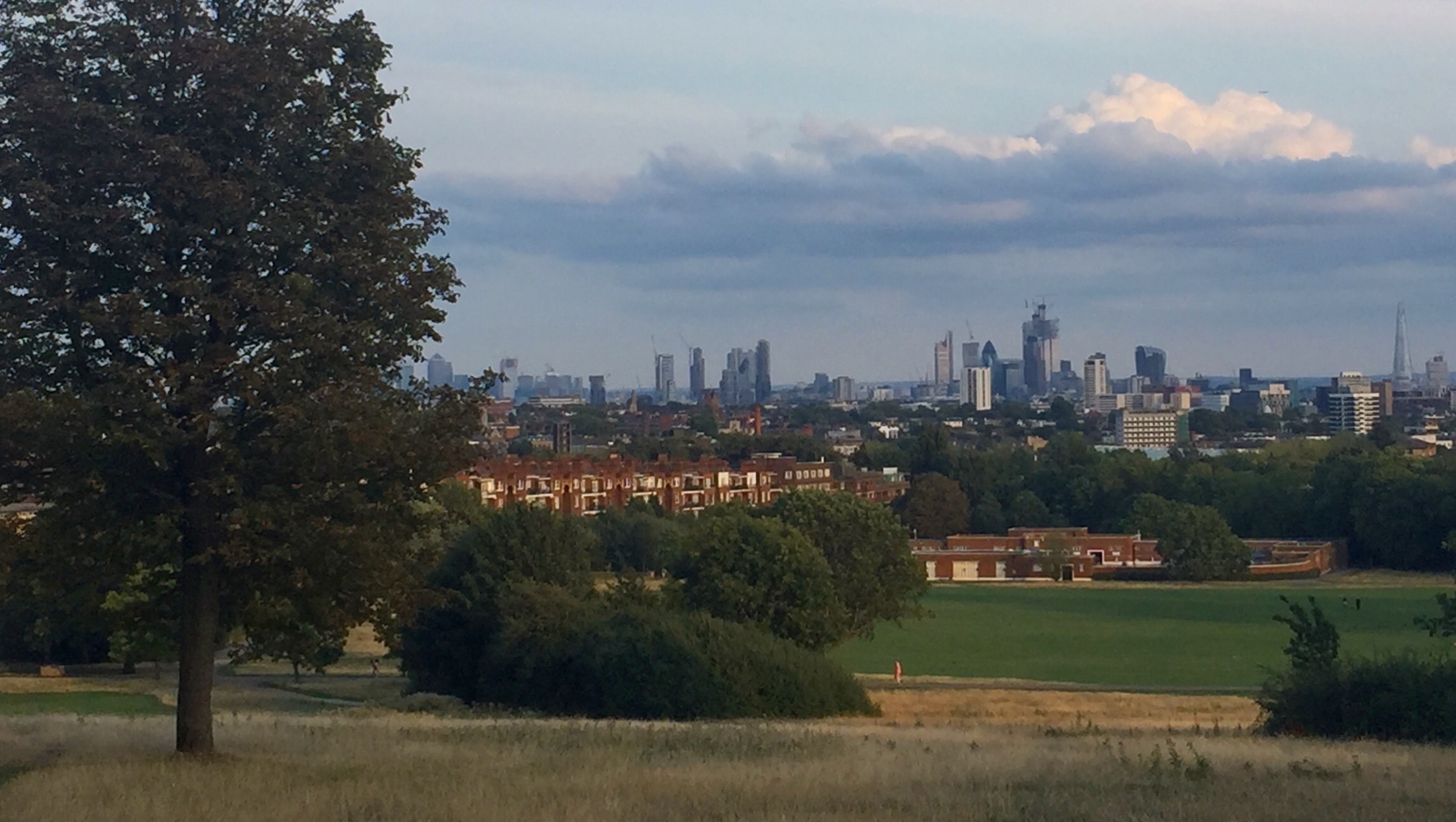Two tales from the Blue Pearl
‘All great literature is one of two stories; a man goes on a journey or a stranger comes to town.’ – Leo Tolstoy.
Breaking The Fast
The searing heat of the day has evaporated, leaving behind warm, heavy air as dusk settles over the square. People are emerging from the shadows now that the temperatures are dropping to comfortable levels. The restaurants have remained empty all day, save a few straggling tourists, unaccustomed to the burning sun and noticeably drooping. Now, the tables are filling. As darkness falls, lights spring on to illuminate the scene, as you may set a stage. Palpable excitement fills the air and anticipation zings like an electric current.
It is Ramadan. The majority of people around us have not eaten since before dawn, some twenty hours ago. Not a single drop of water has passed their lips. Now, individuals rush here and there, to get home to their families to break their fast or to the mosque to pray. Relatives come together, friends regroup. There is shouting, laughter, a woop and holler. A teenage boy runs past clutching a plastic bag to his chest. Cats twist urgently around our chair legs, begging for scraps. A child watches us from another table, his dark eyes contemplating us closely.
Overhead, right on time, the prayer call sounds. It echoes and reverberates across the city, signalling the end of the fast. At last, families lean forward and begin to eat. A date, little cakes, a boiled egg, soup and bread, washed down with a small glass of orange juice. Iftar – a collection of small dishes before a larger meal in another few hours. The air is scented with food. A soft silence briefly descends, broken only by the chink of glass or the scrap of cutlery against a plate.
Slowly, the gentle throb of chatter begins to reverberate across the plaza once again. People are sated, comfortable, with full stomachs once again. Cats languish and stretch out, lazy and replete. Their kittens curl into soft balls of fluff to snooze. With new found energy, children begin to play, running hither and thither, screaming and shouting. We weave our way back to our hotel through bustling streets. It is cooler now. The city has come back to life, until tomorrow at least.
In Which I Meet Abdul
Abdul is about fifty. He wears a battered baseball cap and when he smiles, his teeth are crooked and discoloured. We start talking because he has a kitten that totters around near him that I stoop to pet and coo over.
Slim, softly spoken and with an excellent grasp of the English language, he pats the spot next to him on the wall and suggests we chat. He wants to hear about London, then asks whether I am enjoying Chefchaouen, clearly proud of the glorious blue city he calls home. As well as English, he speaks French and Spanish, and of course, Arabic.
A car draws up, disgorging a group of Chinese tourists. Abdul tells me, bluntly, that he doesn’t like Chinese tourists. Or Russians, very much.
‘They do not talk to us,’ he says, by way of explanation, ‘They keep to themselves.’
The kitten gambols around our feet. We watch as two children whizz down the hill, one on a bike and the other racing on a toy car. They shriek with delight, nearly careering into one another at the bottom. Then, the long walk back up, pushing the bike and dragging the toy car, to do it all over again.
‘I like talking to visitors,’ Abdul tells me, ‘I can talk in different languages and learn about other people.’
We chat about Chefchaouen, travel, Ramadan, London. Halfway through, he runs off to pray and we reconvene half an hour later to continue our conversation. It is refreshing to talk with someone who wants nothing from me other than my company. Morocco is full of men and women trying to make a living, reeling you in with words and then pouncing, pushing their wares on you and trying to get a sale. It is the way of life, but it grows tiring. This relaxed encounter enforces my love for Morocco. Not everyone wants me to buy something.
As the time approaches eleven pm, I say my goodbyes and cross the road to my hotel, ready for bed. When I shut the bedroom curtains, he raises a hand and nods in my direction. I wave back and switch off the light to sleep.
He greets me the next morning as we are heading out for a final morning of sightseeing.
‘Don’t go that way,’ he says, pointing up the road we were about to follow, ‘Go down there. It’s older and the blue is better.’
We thank him, wave a final goodbye and go down the path he has recommended. Sure enough, it is the most beautiful part of the city we have seen so far. Without Abdul, we would have completely overlooked it.
Before we depart Chefchaouen hours later, I pop into the shop opposite our hotel and ask the owner, who knows Abdul, which chocolate bar he’d enjoy most after the day of fasting. Smiling, he picks up a Mars Bar and I pay for it, gesturing for it to be put behind the counter.
‘Please, give it to Abdul later,’ I ask, ‘To say thank you.’
The man nods. Our taxi toots and it is time to leave. I twist in my seat as we drive downhill, gazing back at the hotel and the wall on which Abdul and I sat the night before. There is no sign of him or his kitten. An hour later, our bus departs the city. I doubt I’ll ever see Abdul again, but I certainly won’t forget him. Or his kitten.
For images from Chefchaouen, check out the latest in my Postcards From… series.



